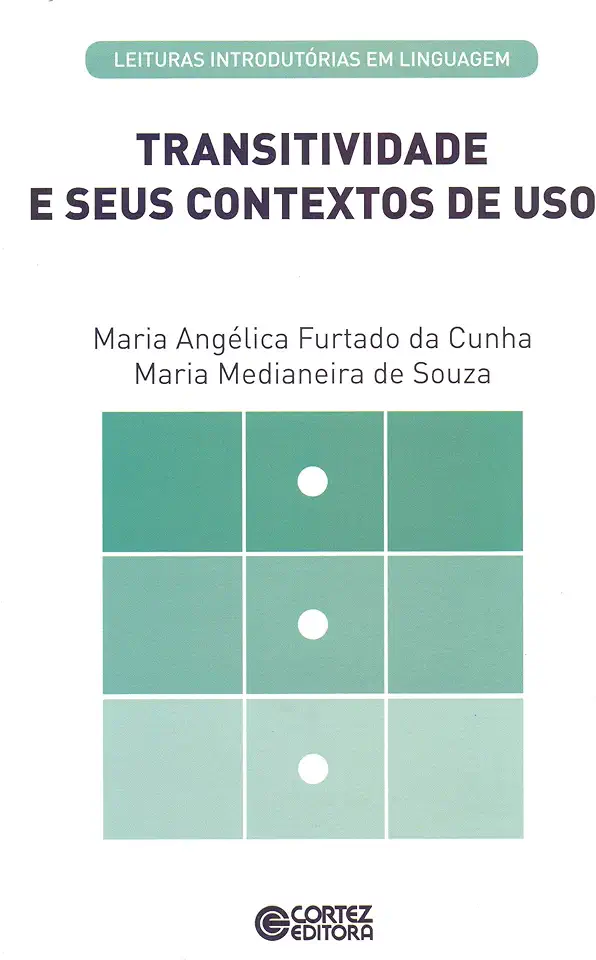
Transitivity and Its Contexts of Use - Maria Angélica Furtado da Cunha
Transitivity and Its Contexts of Use: A Comprehensive Guide to Understanding Language
Introduction
In the realm of linguistics, transitivity plays a pivotal role in shaping the structure and meaning of language. This groundbreaking book, authored by the esteemed linguist Maria Angélica Furtado da Cunha, delves into the intricacies of transitivity, exploring its various contexts of use and shedding light on its profound impact on human communication.
Unraveling the Essence of Transitivity
Transitivity, a fundamental concept in linguistic analysis, refers to the way in which verbs relate to their arguments, namely subjects and objects. Cunha's comprehensive exploration of transitivity encompasses a wide range of linguistic phenomena, including:
- The classification of verbs: Verbs are categorized based on their transitivity properties, ranging from transitive verbs that require an object to intransitive verbs that do not.
- Thematic roles: Cunha examines the various thematic roles that arguments can play in a sentence, such as agent, patient, and recipient.
- Valency: The author explores the concept of valency, which refers to the number of arguments a verb can take.
Contexts of Use: Transitivity in Action
Cunha goes beyond the theoretical foundations of transitivity, delving into its practical applications in various contexts of use. These include:
- Discourse analysis: Transitivity analysis plays a crucial role in understanding the structure and coherence of discourse, revealing patterns and relationships within texts.
- Pragmatics: The study of transitivity sheds light on the speaker's intentions and the communicative functions of language.
- Cognitive linguistics: Transitivity analysis contributes to our understanding of how language reflects cognitive processes and conceptual structures.
A Treasure Trove of Insights
"Transitivity and Its Contexts of Use" is a treasure trove of insights for linguists, scholars, and anyone interested in the intricacies of human language. Cunha's meticulous research and engaging writing style make this book an indispensable resource for anyone seeking to deepen their understanding of transitivity and its multifaceted role in communication.
Key Features:
- Comprehensive coverage: Cunha provides a comprehensive overview of transitivity, encompassing theoretical foundations, linguistic phenomena, and practical applications.
- In-depth analysis: The book delves into the intricacies of transitivity, offering a detailed examination of verb classification, thematic roles, valency, and more.
- Real-world examples: Cunha illustrates her explanations with real-world examples, making the concepts relatable and accessible to readers.
- Thought-provoking discussions: The book encourages critical thinking by presenting various perspectives and engaging readers in thought-provoking discussions.
Conclusion
"Transitivity and Its Contexts of Use" is a must-read for anyone seeking to unravel the complexities of human language. Cunha's masterful exploration of transitivity provides a profound understanding of how language works, opening up new avenues for research and enriching our appreciation of the power of communication.